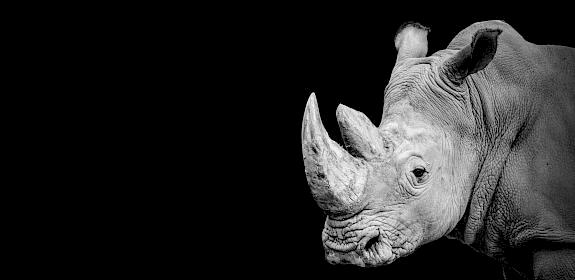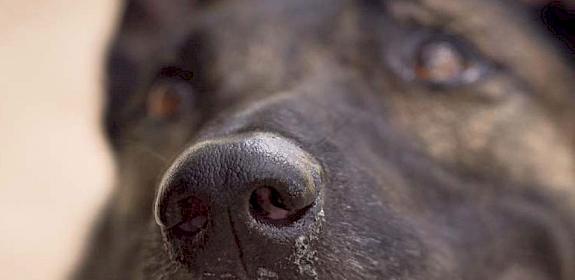Two convicted after forensic evidence proves “new” ivory illegally on sale in Hong Kong
Hong Kong, 28th March 2017—two men were convicted in a Hong Kong Magistrates’ Court today for the illegal possession and sale of elephant ivory, after forensic evidence proved items in their licensed ivory outlet were illegally acquired.
Hong Kong’s Protection of Endangered Species of Animals and Plants Ordinance prohibits the commercial trade of ivory acquired after 1990, although proving the age of ivory pieces has previously proved troublesome.
In the ground-breaking case, carbon-14 forensic analysis was used for the first time as evidence in a wildlife crime Hong Kong. It proved the ivory in a pair of chopsticks was younger than 1990 and therefore illegally for sale.
However, the two men received paltry fines of HKD6000 (USD770) and HKD8000 (USD1000) respectively—far less than the maximum possible: fines of HKD500,000 (USD64,000) and two years imprisonment.
Today’s court decision is the outcome of months of co-ordinated law enforcement and laboratory work, and the Agriculture, Fisheries and Conservation Department should be commended for their efforts in gathering the evidence and attempting a different law enforcement approach in tackling illegal wildlife trade
Dr Yannick Kuehl, Regional Director for TRAFFIC in East Asia“However, today's sentencing is a strong reminder that penalties in Hong Kong need to increase to reflect better the gravity of wildlife crime and be an effective deterrent to prevent illegal ivory traders from carrying out similar acts in future.”
The penalties are well below the United Nations General Assembly (UNGA) guidance for penalties for “serious crimes” – which would entail imprisonment of at least four years.
The Hong Kong Government has proposed revising the penalties for wildlife crimes—up to HKD 10 million (USD1.3 million) in fines and 10 years imprisonment for indictable offences involving species prohibited from international trade under the Convention on International Trade in Endangered Species of Wild Fauna and Flora (CITES).
This, and other proposals for increasing wildlife crime penalties are due to be considered by Hong Kong’s Legislative Council (LegCo) for approval in the coming months.
TRAFFIC considers that raising maximum penalties, as well as the ability to apply forensic evidence in court, are crucial developments and raise the stakes and deterrence for would-be wildlife criminals.
The court decision comes just a day after the LegCo Panel for Environmental Affairs discussed the government's proposal for a local ivory ban.





